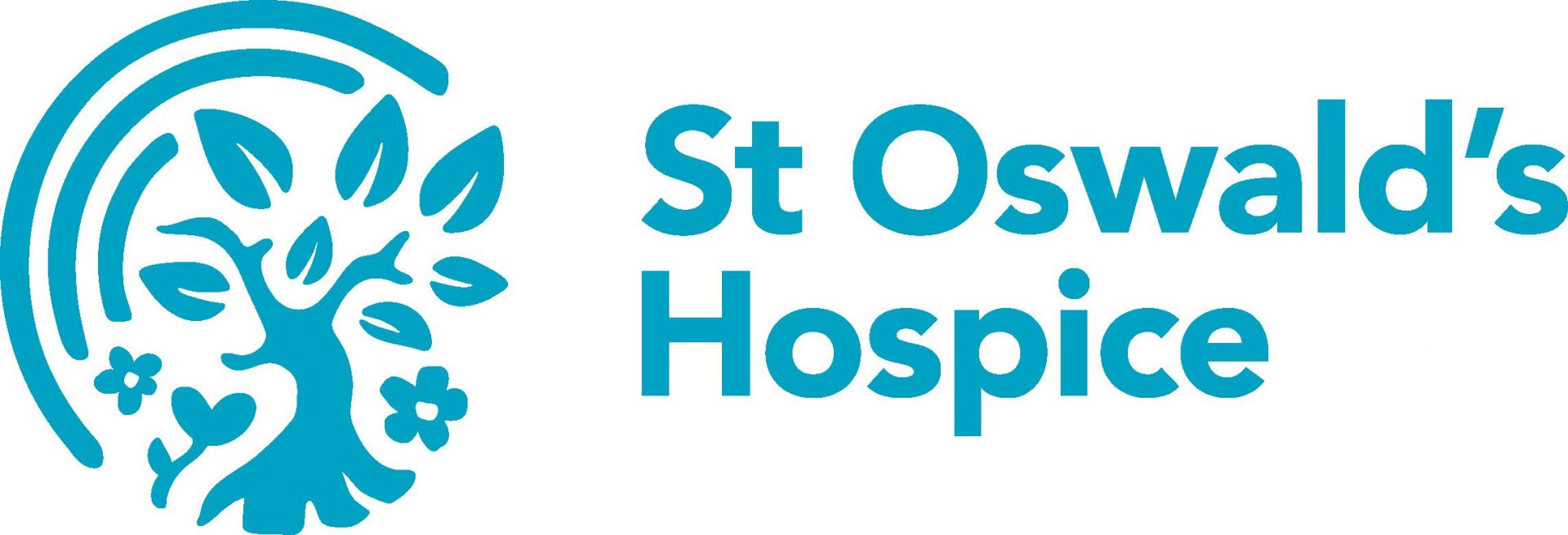Research project – Dystonia IMPACT
Childhood-onset hyperkinetic movement disorders are common and diverse, but also critically under-studied.
Hyperkinetic movement disorders, including dystonia, are a group of conditions characterised by excessive and involuntary muscle contractions, leading to abnormal postures and repetitive movements. Everyday activities such as cooking, writing, or playing can worsen involuntary movements, significantly impacting individuals’ lives. They can make it difficult or impossible to do the things that individuals want to do, affecting social interactions, education, and well-being, and impacting health and economic outcomes.
The absence of evidence-based interventions (including preventative measures, diagnoses and treatments) makes it extremely difficult for clinicians and patients/families to make informed decisions.
Studies so far have not measured or addressed the outcomes that are important for children and their families.
National lead: Dr Hortensia Gimeno, Clinical Reader in Child Health Research, Barts Bone and Joint Health, Blizard Institute, Queen Mary University (Dr Gimeno’s Advanced Fellowship)
Local lead: Holly Smith, Matron – Children & Young Adults Service
2025
- To explore the lived experiences of children and young people with hyperkinetic movement disorders including dystonia and their parents/carers.
- To understand the views of children and young people and their parents/carers on what is important to measure, to inform what should be the core outcomes for future trials.
- To explore the lived experiences of children and young people with hyperkinetic movement disorders including dystonia and their parents/carers from under-represented communities in East London.
Qualitative Interview study
